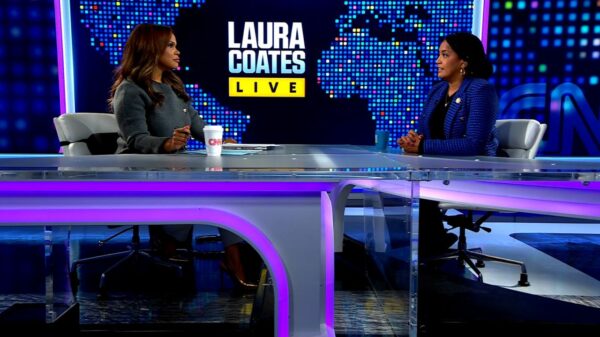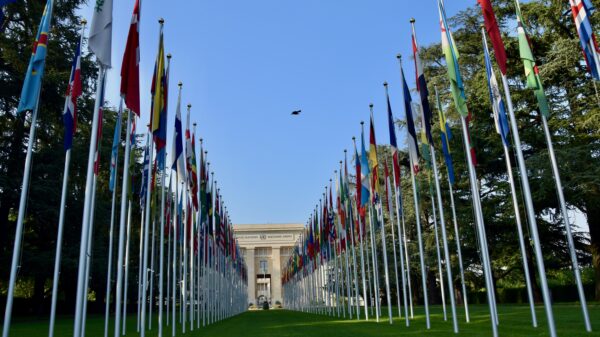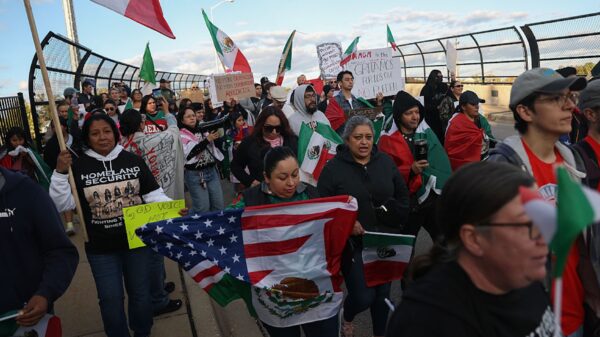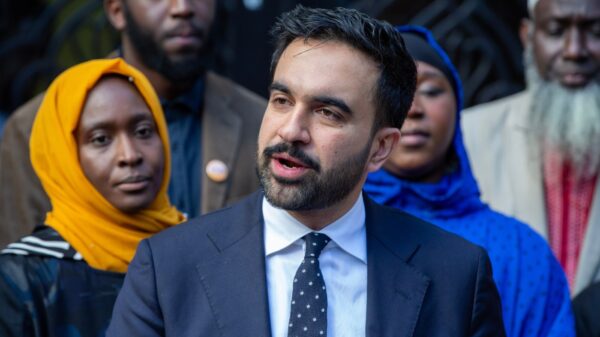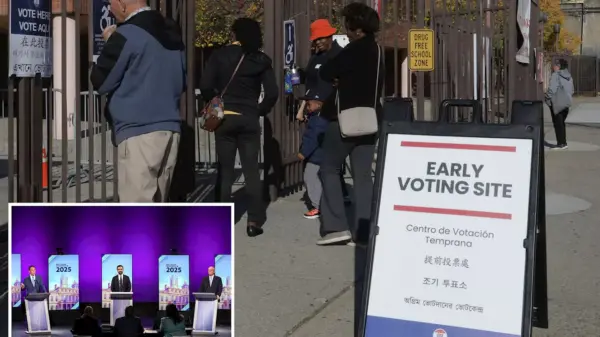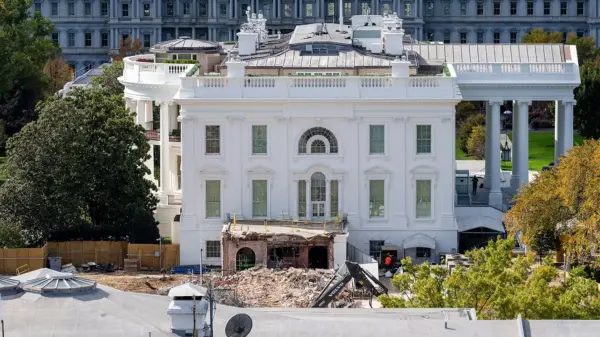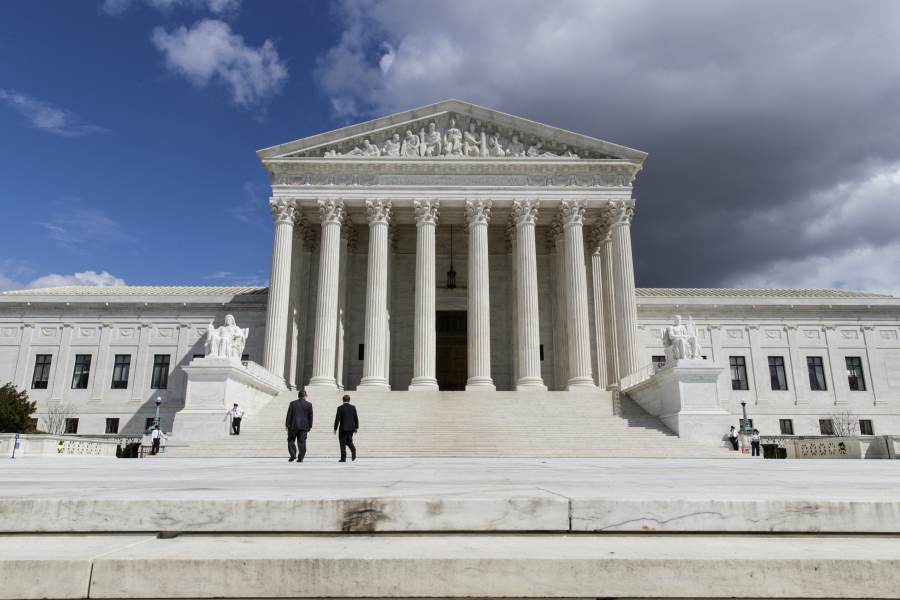President Donald Trump has directed his administration to appeal to the Supreme Court regarding his controversial executive order on birthright citizenship. This order asserts that children born in the United States to parents who are in the country illegally or temporarily do not automatically receive American citizenship. The legal appeal, submitted to the Supreme Court on March 15, 2024, initiates a process that could result in a ruling by early summer on the constitutionality of these citizenship restrictions.
Legal Background and Implications
Lower-court judges have previously blocked the implementation of these restrictions, preventing them from taking effect nationwide. The Justice Department is not requesting that the Supreme Court allow the restrictions to be enforced before it has ruled on the matter. The petition has been shared with legal representatives of those challenging the order, although it has not yet been officially docketed at the Supreme Court. Any decision regarding the case is expected to take several months, with oral arguments likely scheduled for late winter or early spring.
Solicitor General D. John Sauer articulated the administration’s stance, stating, “The lower court’s decisions invalidated a policy of prime importance to the president and his administration in a manner that undermines our border security.” Sauer emphasized that the current rulings grant citizenship privileges to “hundreds of thousands of unqualified people” without lawful justification.
On the opposing side, Cody Wofsy, a lawyer with the American Civil Liberties Union (ACLU), criticized the administration’s approach as unconstitutional. Wofsy stated, “This executive order is illegal, full stop, and no amount of maneuvering from the administration is going to change that.” He pledged to continue fighting to protect the citizenship rights of all children born in the United States, describing the order as “cruel and senseless.”
Historical Context of Birthright Citizenship
Trump’s executive order marks an attempt to redefine over 125 years of established legal interpretation of the 14th Amendment, which has historically conferred citizenship to anyone born on American soil, with limited exceptions for children of foreign diplomats and those born to foreign occupying forces. The implications of this order, if upheld, could significantly alter the landscape of citizenship and immigration in the United States.
As the appeal moves through the judicial system, the outcome remains uncertain, but it is clear that the debate over birthright citizenship will continue to be a contentious issue, shaping policy and public opinion in the months to come.




